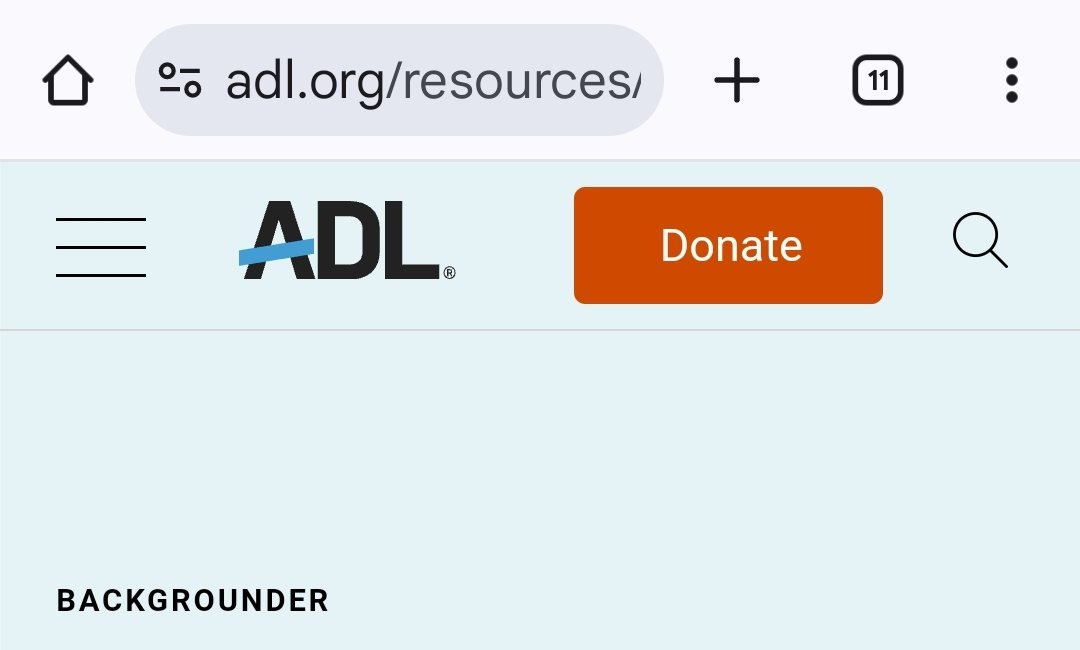The Invisible Hand Behind AI:
How Search Engine Bias Shapes What We Believe
We like to think of artificial intelligence as an objective, all-knowing oracle—a neutral synthesizer of human knowledge. But the truth is far messier: AI doesn’t just reflect reality—it distorts it, based on who controls the data it was trained on.
And the biggest distortion of all? Search engines.
1. The Myth of Neutral Search Results
Google, Bing, and other search engines don’t just "find" information—they rank it. And that ranking isn’t random. It’s engineered by:
Algorithms designed to prioritize certain sources (Wikipedia, mainstream media, institutional archives).
Advertisers and SEO manipulators who game the system to push their narratives.
Historical bias—content from well-funded, well-preserved institutions dominates.
Result? If a topic’s history was documented by a powerful group, that’s the version AI will amplify.
2. The Feedback Loop of AI Bias
Training Data → AI models learn from search engine outputs, books, and "authoritative" sources.
Dominant Narratives → The most indexed, linked, and repeated information rises to the top.
AI Reinforcement → When chatbots answer questions, they regurgitate these skewed sources.
Example:
Search "history of banking." You’ll likely get results centered on European and American institutions—not the Islamic hawala system or African trade networks. Why? Because Western financial records were digitized first.
Ask an AI about "influential economists." It’ll list Keynes, Friedman, and Hayek—but rarely Ibn Khaldun or Chanakya, despite their foundational contributions.
This isn’t conspiracy—it’s data inequality.
3. Who Controls the Past Controls the AI
The Well-Archived Win: Groups with the resources to preserve their history (governments, corporations, wealthy families) dominate AI outputs.
The Erased Lose: Oral traditions, burned libraries, and suppressed movements fade from AI’s "knowledge."
Real-World Consequences:
If search engines prioritize corporate media, AI will dismiss alternative perspectives as "fringe."
If academic paywalls lock away research, AI won’t cite groundbreaking studies outside elite institutions.
If Wikipedia’s editors favor certain viewpoints, AI will inherit those biases.
4. Breaking the Illusion of Objectivity
AI doesn’t lie—but it omits. To fight back:
Question Sources: Ask, "Who wrote this? Who preserved it? Who benefits from this narrative?"
Diversify Inputs: Seek out marginalized voices, independent archives, and untranslated texts.
Demand Transparency: Push AI companies to disclose training data and reweight underrepresented sources.
Final Thought: The Battle for Digital Memory
AI isn’t unbiased—it’s a mirror of humanity’s recorded knowledge. And right now, that mirror is warped by centuries of unequal access, funding, and preservation.
The solution?
Don’t just consume AI outputs—interrogate them. Because in the age of algorithms, the truth isn’t just hidden—it’s algorithmically suppressed.
What do you think? Have you noticed AI or search engines pushing a skewed version of history? Drop your observations below.
Drawing Near: A Father's Journey to God in a Distracted World
I have a great relationship with my son. Despite being financially disadvantaged most of my life, he and I truly live. We go to the gym, play basketball and tennis at the park, eat fresh food and snacks, visit bookstores, work on creative projects together, and I help him with his studies. I even built him a dojo in our basement. We go to church, too.
The Hypocrisy of the ADL:
As a Christian, I am both horrified and outraged by the blatant hypocrisy perpetuated by organizations like the Anti-Defamation League (ADL). An organization that claims to combat hate and foster tolerance has instead branded itself as a divisive force, mislabeling and defaming entire groups—2.4 billion Christians included—under the guise of combating e…






